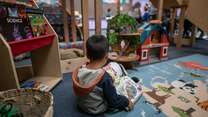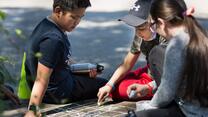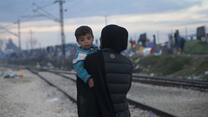This briefing aims to bring attention to ongoing issues of concern and provide concrete recommendations for improving the response for this highly vulnerable group.
Despite progress made by the Greek government and international and national nongovernmental organisations (NGO) to meet the unique needs of UASC, stakeholders at all levels must do much more to improve conditions and prospects for the children trapped in this protracted crisis. This is especially pertinent given the upcoming transition of UASC shelter and response management from NGOs which have been supported by the Directorate-General for European Civil Protection and Humanitarian Aid Operations (DG ECHO) and the United Kingdom’s Department for International Development, to the Greek Government which will be supported by the Directorate-General for Migration and Home Affairs (DG HOME).
Namely, to protect these children’s rights and improve the response for them, all relevant stakeholders must:
Address critical gaps in safe, age- and gender-appropriate care arrangements and services for UASC by defining regulations for key services and methods of delivery, aligned with existing core guiding principles;
Establish a sustainable system to ensure that upon arrival every child is assigned a trained, vetted guardian;
Cover existing gaps and reduce delays in the identification and processing of durable solutions by establishing standardised Best Interest Assessment (BIA) procedures, among other measures;
Establish and promote alternative care arrangements, services and support for older UASC and those aging out of care; and
Ensure plans and manage the existing resources for a seamless transition from NGO to government management of the response for these children in August.



